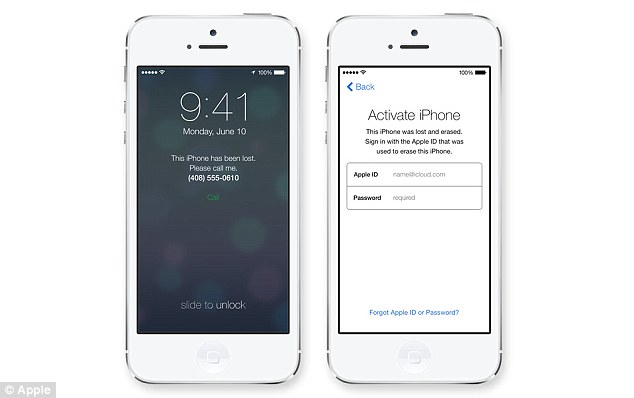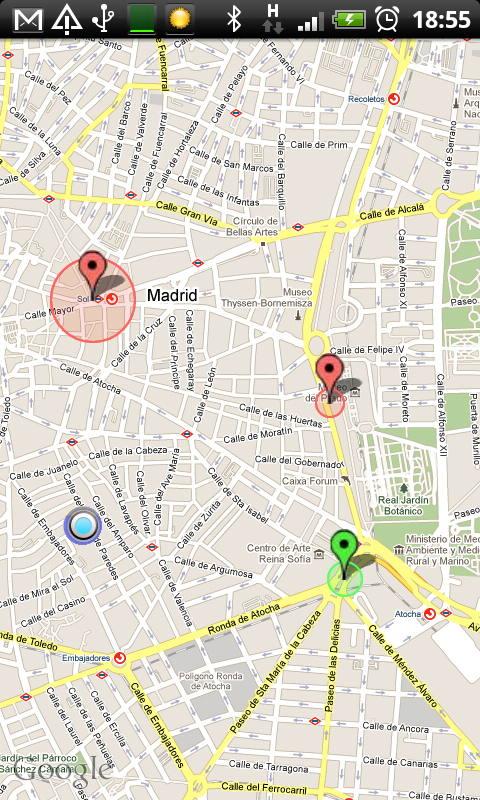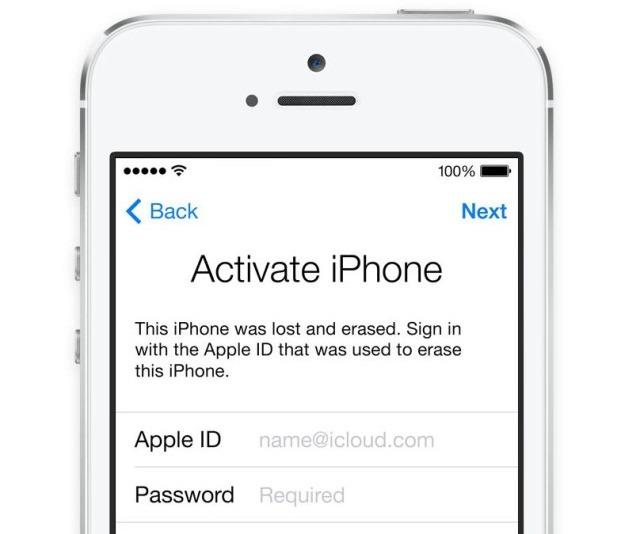
A few months ago, Apple implemented a “kill switch” into its iPhone to combat iPhone theft.
The kill switch, as you’ve probably guessed from the name, immediately kills the phone once it’s registered as stolen.
Does that sound silly to you? Well, who cares – the smartphone kill switch works. iPhone theft is down almost all across the United States after Apple implemented the kill switch.
Google and Microsoft are both reportedly developing a kill switch of their own for Android and Windows Phone. How does the kill switch work and how will it affect you? Here’s everything you need to know about the upcoming kill switch:
5) It’s just a piece of software
“Kill switch” has such an ominous tone. In reality, the kill switch isn’t some doomsday device that causes your phone to blow up when your press a button.
Instead, it’s a simple piece of software installed at the core levels of all new smartphones sold. This piece of software is able to disable a handset that is registered as stolen.

4) It could soon be illegal not to have a kill switch
Apparently, handset theft has grown so bad in American cities that approximately 1 in 3 personal property thefts now involve smartphones.
For years, American legislators have been asking telecom companies to include kill switches – it’s not like they’re difficult to install.
Telecom companies have refused – likely due to the fact that they make millions from stolen smartphones.
However, California and Minnesota could both soon pass laws that make kill switches mandatory on all phones sold within the state. There’s also active legislation at the federal level which could go through.
In both Minnesota and California, the law states that phone users must have access to the kill switch software: in Minnesota, users must be able to install or download it for free, while in California, the law would require users to have the kill switch by default, but could disable it if necessary.
Whether it passes at the state or federal level, the phone kill switch will likely be law in some parts of the United States within the next year or so.
3) There are some security risks
Up above, I mentioned that the telecom companies didn’t want kill switches because they made money from stolen iPhones. That’s only part of the reason.
For years, telecom companies have claimed that kill switches make their devices vulnerable to hackers.
 Specifically, a talented hacker could trick a phone into thinking it’s stolen and effectively kill someone’s perfectly-usable iPhone.
Specifically, a talented hacker could trick a phone into thinking it’s stolen and effectively kill someone’s perfectly-usable iPhone.
Another security risk is that the American government could kill your smartphone using its infamous backdoors – something that companies like Apple and Microsoft have willingly installed on their electronic devices.
Of course, neither of these things have happened since Apple put the kill switch on its devices, so these fears may be overblown.
One final security risk is when selling your iPhone or Android. Normally, you clear your data, sell your phone, and never worry about it again. But if you’re buying a phone, how do you know the person isn’t going to pull a kill switch on you and claim their phone was stolen? What if they call you and say “I’ll kill your phone if you don’t pay me an extra $50?”
2) It’s superior to Find My iPhone and the Android Device Manager
If you don’t know where your iPhone is, you can use your Find My iPhone app. If you don’t know where your Android is, you can use the Android Device Manager.
Both of these services also let you wipe data remotely or lock a phone thief out of your device. More advanced security apps can even take a picture with the front-facing camera so you can bring the phone thief to justice.
However, both of these apps can easily be defeated by anyone who knows what they’re doing. All you have to do is switch off the phone and reinstall the operating system to factory settings.
Once your personal information is removed from the phone, the phone doesn’t know if you legitimately sold it to someone, or if a thief stole it.
With the kill switch, that won’t really be an issue.
1) It appears to be reducing theft
Most importantly, the kill switch actually appears to be reducing theft in some major cities across the world.

In San Francisco, iPhone robberies decreased 38% in the 6 months after iOS7 introduced the kill switch.
In London, thefts dropped 24%.
Scarily enough, in both cities, robberies of Samsung devices increased.
Of course, these numbers can be twisted in a number of different ways. iPhone usage is dropping around the world and Android usage is increasing. If theft rates stayed the same across all devices, there would be more total Android thefts and fewer total iPhone thefts.
That may be the case, or the kill switch may actually be working as intended.
